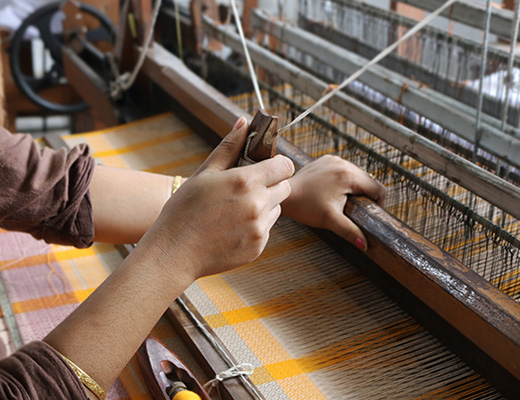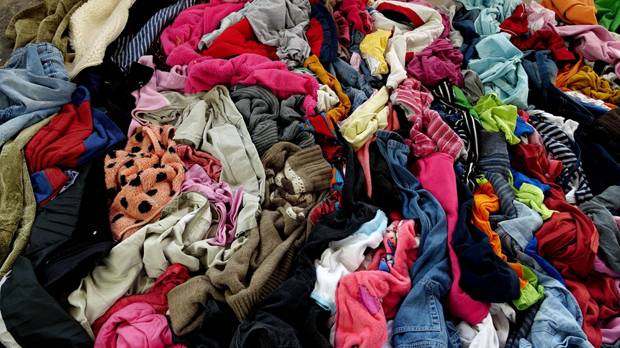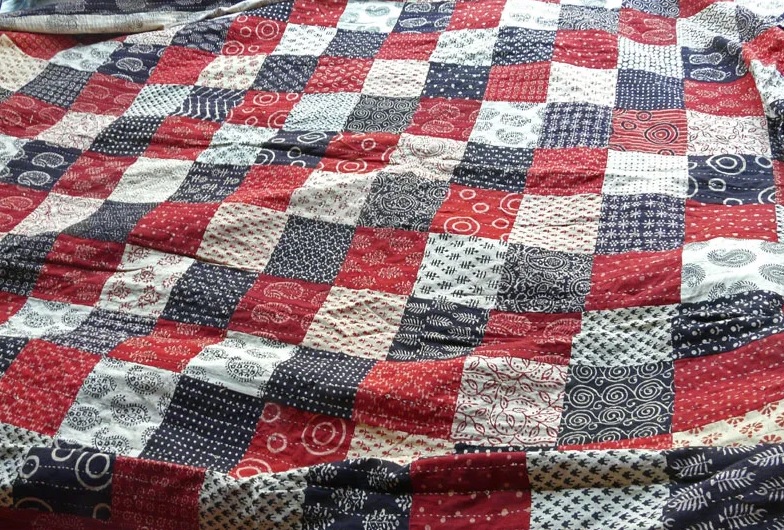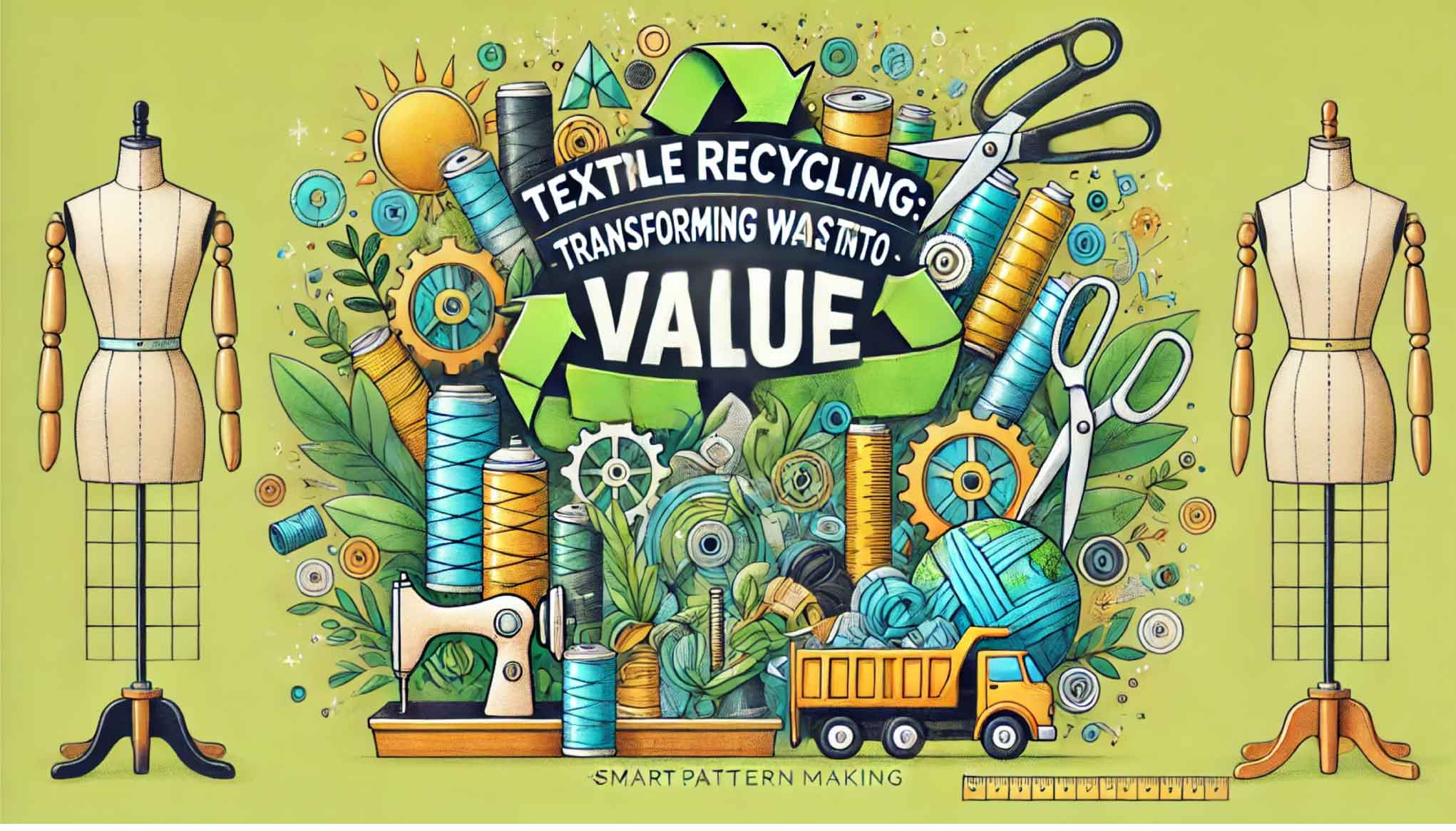The textile industry's environmental impact is gaining recognition, but its full extent remains unclear. A lack of a unified approach to measuring fashion's sustainability means consumers are unaware of their clothing's planet-harming effects.
To address this, Northumbria University is leading a £2 million project involving academics, manufacturers, major brands, and consumers. The initiative, funded by AHRC, NERC, and Innovate UK, seeks to transform the circular fashion sector.
The project spans Northumbria, King's College London, and Loughborough University, covering areas like pollution, design, and big data. Participants include global brands, sustainable companies, campaign groups, and local organizations.
Over two years, the collaborative effort aims to comprehensively assess fashion's environmental impact, going beyond carbon footprint to explore issues like microfiber shedding.
The project, titled "IMPACT+: Environmental Index Measures Promoting Assessment and Circular Transparency in Fashion," is part of UKRI's circular fashion and textile initiative. This aligns with UKRI's decadal vision for sector transformation, targeting net-zero goals by 2050.
The interdisciplinary collaboration underscores Northumbria University's commitment to effecting meaningful change in the fashion industry's sustainability.
It may be noted that the fashion industry is worth £21 billion to the UK economy, but globally contributes 8% of greenhouse gas emissions, 20% of wastewater, and more energy than aviation and shipping combined.
The project will use a variety of methods to assess fashion's environmental impact, including life cycle assessment, material testing, and consumer surveys. The findings of the project will be used to develop new tools and resources to help fashion businesses reduce their environmental impact.











